#IndustryNews
Apple Car Seeking Friendship in South Korea
Apple has been in the headlines all week over changes to its policy that is introducing a image detection system that effectively allows the company to scan the iCloud to see if you have any illegal photos on there. While framed primarily as a way for the company to root out pedophilia, it’s gotten the company in trouble with an increasingly privacy savvy public that’s convinced the next step is generalized surveillance. But while the technology company has been busy trying to improve optics, issuing assurances that its new security protocols won’t overlap with government action and claims that its actions are no worse than what its chief rivals are already doing, the latest on the Apple Car is going unaddressed.
The off-and-on-again vehicle program is reportedly making moves with South Korean suppliers to ensure its got a lock on components. Curious, considering we were under the impression that the automobile was nowhere near completion.
Tesla Cybertruck Delayed Until 2022
Tesla’s Cybertruck has been delayed. The automaker updated its online vehicle configurations to reflect that the model will no longer be arriving in 2021. The pickup’s new launch date is set for sometime in 2022, with no hints on what part of the year the company plans on getting the assembly lines humming.
Though there’s little reason to get bent out of shape. Tesla has always been notorious for delaying vehicles and the automotive sector is currently in a state where you’d probably be more shocked to learn that Cybertruck was arriving on time. Besides, Tesla now has more time to dangle the model in front of consumers as a way to keep itself relevant.
Opinion: Automakers Reinstating Nationwide Mask Mandates Is a Mistake
Detroit automakers and the UAW have elected to reinstitute national masking mandates for all of their facilities, starting Wednesday. General Motors, Ford, and Stellantis have issued a joint announcement clarifying that the rules are in accordance with the updated guidance from the Centers for Disease Control and Prevention (CDC) recommending masks be worn by all persons regardless of their vaccination status.
Based upon the text included in the release, the industry seems aware that the decision will be unpopular and is doing its utmost to transition responsibility without absolving itself entirely.
Do You Think Uber and Lyft Will Ever Be Profitable?
While the tech industry does have firms pushing useful applications and products, it’s quite possibly the most disingenuous business sector of the modern age. Companies selling literally nothing more than false promises routinely see multi-billion-dollar valuations. The necessary hardware is always just “years away” and sold to investors who haven’t realized it was never real in the first place. A significant portion of the industry is also little more than reorganizing payment structures or access to services for the sake of convivence, making sure you’re locked into a plan that keeps your financial and personal details perpetually on file. But sometimes this actually results in worthwhile solutions which may (or may not) be capable of turning a legitimate profit.
Ride-hailing firms are probably one of the earliest and best examples of all the above. Uber and Lyft both lost a lot of money in 2020 but both remain convinced that profitability is just over the next hill. But there are plenty of obstacles littering the incline.
GM Prioritizing Pickup Production Over Crossovers, Sedans
General Motors will resume full-size pickup assembly next week, leaving its crossovers will have to continue enduring production hang-ups related to the semiconductor shortage. American manufacturers have been absolutely creamed by supply shortages this year and a lack of chips really hurt pickup volumes. We’ve seen a lot of creative solutions, including automakers putting unfinished vehicles on the lot in hopes that they can install the missing hardware later.
But GM’s latest solution involves prioritizing Michigan’s Flint Assembly, Indiana’s Fort Wayne Assembly, Silao Assembly in Mexico — all of which were previously idled or operating on reduced schedules. Unfortunately, that means giving other North American facilities more downtime and, sadly, plenty of it.
Tesla Keeps Raising Prices for U.S. But Not China
This year has already seen price increases across the board, thanks largely to the supply crisis created in the wake of our response to the pandemic. As it turns out, shutting down the global economy wasn’t ideal for maintaining business as usual and nobody in charge seems all that interested in returning things to normal. Automotive prices have become particularly troublesome, as manufacturing costs have risen and a deficit of product has made this a seller’s market.
Tesla has been raising rates all year, particularly on its higher-volume models. By June, price bumps had become so common with the brand that CEO Elon Musk had to address the matter. He blamed industry-wide supply chain pressures, noting that raw materials had become particularly costly. While a totally rational explanation, there are problems with it when you realize those end-of-line price hikes aren’t being extended to China.
Penske & Cox Premiere AI Based Auto Sales Platform With Confusing Name
Years ago, waiting for a haircut, dental appointment, or psychological evaluation meant thumbing through a paperback filled with local listings of automobiles you had convinced yourself you might be in the market for. While primarily an exercise for wasting one’s time, there was always a chance you’d run to a payphone or whip our your Nextel to contact the seller so you could begin the delicate dance of commerce.
Volvo Buying Itself Out of Chinese Joint Venture
Volvo Cars is plotting to buy out parent company Zhejiang Geely Holding and free itself of its Chinese joint venture. The Swedish (currently Swedish-Chinese) manufacturer has been hinting at the prospect of going public with an IPO, which most analysts believe would be bolstered by creating some distance from Geely.
While the Chinese Communist Party has ended mandates requiring electric vehicle firms from entering into joint ventures with established domestic businesses, the rule still exists for traditional automakers. However, the general assumption is that most will attempt to regain full ownership of their Chinese assets when the law is lifted next year. But critics are cautioning that the nation is under no obligation to maintain any commitment to foreign entities once they’ve split with their local partners.
Right-to-Repair Movement Gets Federal Attention
While the right-to-repair movement is fighting a national battle, the brunt of the action has been taking place on America’s coasts. Consumer activists are taking on multinational corporations that don’t want you to modify your mobile devices, affix aftermarket components to your vehicle, or have complete access to the data that’s amassed by the staggering number of products that are needlessly networked to the internet. After years of petitioning the government, often while arguing with high-paid lobbyists, the group achieved a major victory in Massachusetts in 2020. Voters decided that automakers should not be allowed to withhold information from the vehicle’s owner or use it as a way to prohibit them from taking their car into independent repair shops (rather than manufacturer-certified service centers) or tinkering with it themselves.
Now the federal government is getting involved. Joe Biden has signed an executive order that effectively forces the Federal Trade Commission (FTC) to take regulatory action that would settle the matter. But we don’t really know if that’s going to lead to a market where customers are free to treat their property (and private data) as they wish, one where the manufacturer holds all the cards, or simply result in a regulatory minefield displeasing all parties.
Stellantis Plots More Factory Downtime, Ford Loses Tech Chief
Stellantis plans to extend the typical summer downtime at a couple assembly plants while relaunching production at Windsor Assembly next month. The Canadian van factory will be see two shifts returning on July 5th, while its Belvidere Assembly Plant in Illinois and Toluca Assembly Plant in Mexico will be idled due to the ongoing semiconductor shortage. This has become a common tactic within the automotive industry, with our doubting it’ll be the last occasion we’ll be reporting on extended summer vacations.
Meanwhile, Ford Motor Co. appears to have lost its technology chief to Amazon. Ken Washington was hired into Blue Oval after a stint with Lockeed Martin in 2014 and will be leaving the automaker next month to become vice president of software engineering for the tech giant.
Audi Transitioning Solely to EVs Doesn't Include Chinese Market
Volkswagen Group has been prattling on about electrification for years and ultimately decided that Audi would be the tip of its progressive spear. The brand has cachet as both a luxury and performance division, while simultaneously possessing VW’s magical ability to produce vehicles that don’t become an eyesore after you’ve had them in the garage for a decade.
While transitioning toward EVs runs the risk of spoiling that, Audi is clearly the VW property best positioned to come after would-be Tesla customers and is not hesitant to issue reminders that it’s serious about being a global leader when it comes to battery-driven vehicles. On Tuesday, the Ingolstadt-based company announced plans to exclusively launch electrically driven automobiles from 2026 onward — adding that it doesn’t even plan on selling internal-combustion vehicles by 2033.
But these rules won’t apply to the Chinese market, which will be flush with internal-combustion vehicles produced within its borders years after the rest of the world has apparently lost the option to purchase them.
Subaru Getting Super Screwed By Semiconductor Shortage
The global semiconductor shortage has been particularly hard on Western automakers, though it’s not been peaches and cream for Asian brands. Following news that Nissan had run into issues resulting in additional downtime this summer, we’ve learned that Subaru is currently operating with a scant, nine-day supply of product and will be required to conduct more plant closures due to a lack of chips.
Having already stalled its Yajima plant on multiple occasions, as well enacting work stoppages at Subaru of Indiana Automotive (its U.S. facility), this is hardly where the brand wanted to find itself going into the warmer months. On Friday, Subaru announced it would be idling two plants in Japan’s Gunma prefecture this July.
GM Increases Investment Into Electrification, Stellantis Promises Four New EVs
There is plenty of electrification news this week, despite the brunt of consumers remaining seemingly disinterested in the automotive segment that’s entirely dependent upon batteries. General Motors recently announced that it would be increasing its EV investments through 2025 to $35 billion, noting that some amount of the funding will also be going toward autonomous vehicle development.
Meanwhile, Stellantis confirmed that it’s planning a quartet of battery-driven automobiles offering more utility than the pint-sized Fiat 500e. Those vehicles aren’t supposed to see assembly until 2024 and there are lingering questions about where the firm plans on building battery plants. But the UILM union has confirmed that the upcoming models are likely to be midsized and built at the company’s Melfi plant in Italy.
Polestar Announces Electric SUV Will Be Made in America
Volvo-owned Polestar has announced that its upcoming “performance SUV” will be manufactured within the United States, starting late in 2022. The model will be assembled alongside other Volvo products at the Swedish company’s facility in South Carolina. It also provides an opportunity for Chinese parent Zhejiang Geely Holdings to make meaningful moves on the North American marketplace and less ammunition for critics to reference the EV-focused Polestar as a foreign brand.
“Polestar 3 will be built in America, for our American customers,” said Polestar CEO Thomas Ingenlath. “I remember the great response when I first shared Polestar’s vision here in the USA and I am proud that our first SUV will be manufactured in South Carolina. From now on, the USA is no longer an export market but a home market.”
Chip Shortage Encourages Nissan to Idle U.S. Facilities Again
Rumor has it that the semiconductor shortage is going to be leaving Nissan facilities operating in North America to contend with a difficult summer. This issue appears to have been largely unavoidable but it’s hardly the position a manufacturer hoping to launch a comeback tour wanted to find itself occupying.
But, before we make this look like some failing on the part of Nissan, let’s take a look down memory lane to see some of the other companies that were negatively impacted by the chip shortage this year.







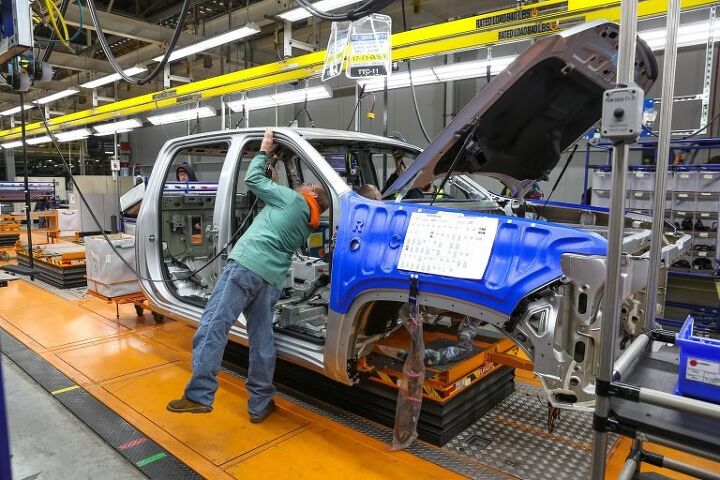


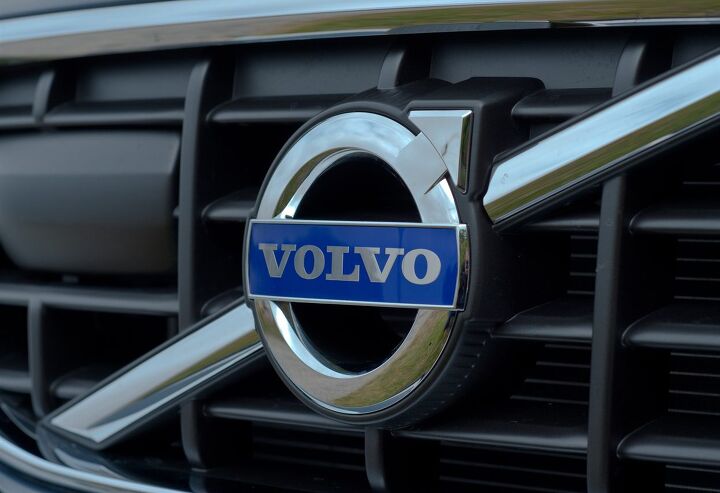
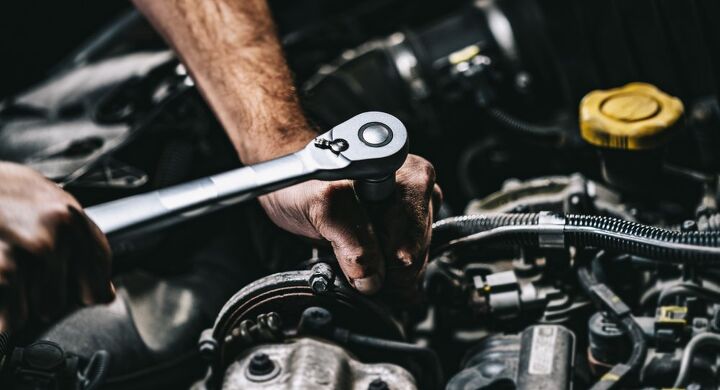
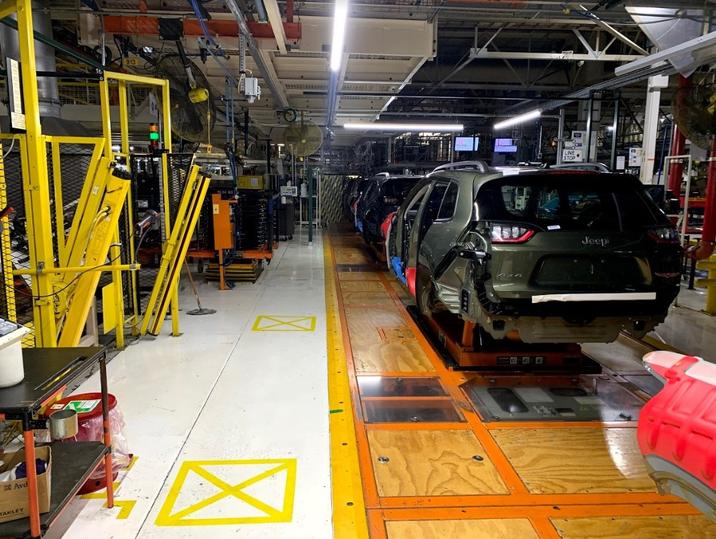

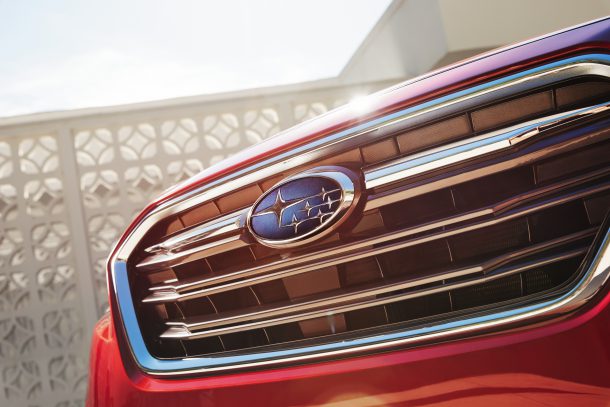

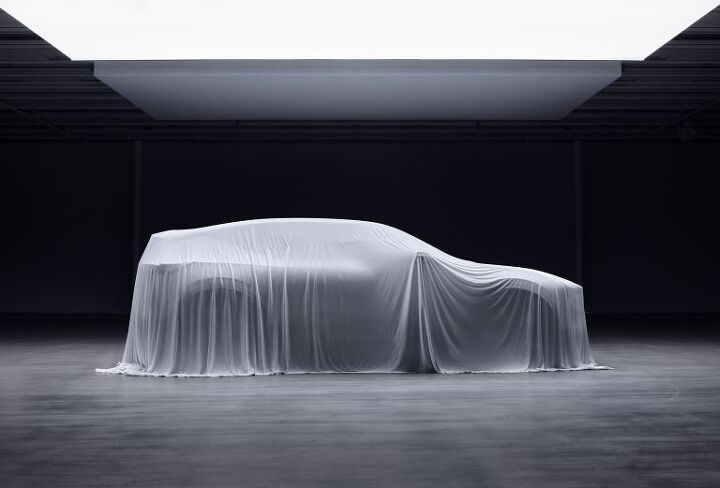
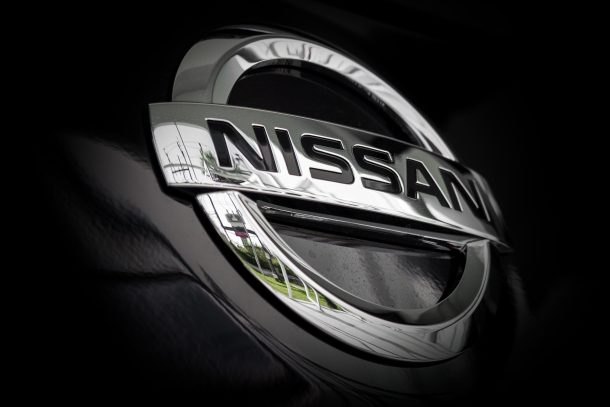












Recent Comments